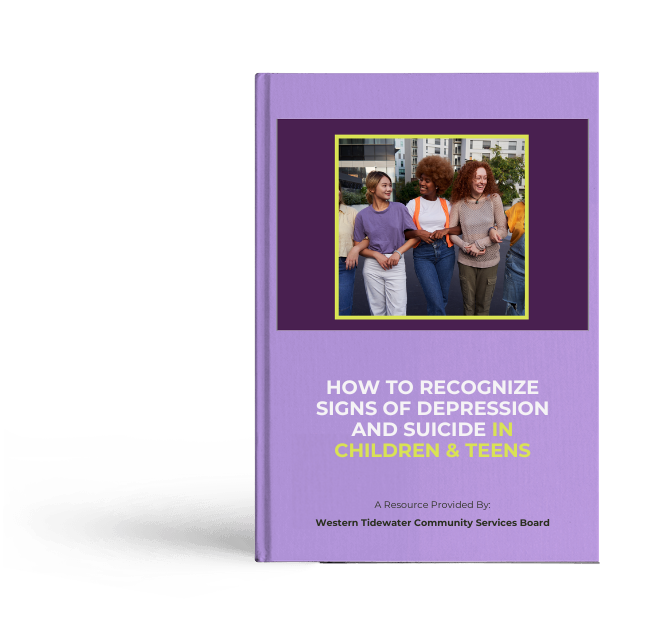Misunderstandings Around Self-Harm
Many people think that self-harm is only about cutting, and that it only affects adolescents and young people.
Others think that self-harm is a mental illness, or that it’s simply an attention-seeking behavior.
Others might not know anything at all about or might not understand why someone would self-harm.
For them, finding out that a loved one is self-harming might be especially upsetting and confusing.
Myths About Self-Harm
There is a lot of stigma around self-harm because of the lack of understanding about it.
Myths about self-harm include:
Self-harm only affects adolescents and youth
Anyone may self-harm; this includes adults and even senior adults.
Self-harm is a suicide attempt
Most people who self-harm don’t want to die, but sadly some self-harm can be fatal.
Self-harm is an attention-seeking behavior
Self-harm is an impulse that some people can’t control (at least not without help). It’s a way to deal with overpowering emotions.
How You Can Help
If someone you care about has a history of self-harm, or if you have reason to believe they may be self-harming, there ARE things you can do to help!
The first thing you can do is keep an eye out for signs of self-harm.
Signs of Self-Harm
Some signs of self-harm may include:
If you see someone rubbing their skin for a prolonged time
This could mean they have a burn or other injury.
If someone has fresh wounds or scars
Wounds that don’t seem to heal, frequently appearing new injuries or scars might be indicative of self-harm.
If someone is wearing clothing unusual for the weather
For example, if they’re wearing a hoodie or long sleeves during hot weather.
If You’re Self-Harming and Are Ready to Stop
If you self-harm, there’s nothing to be ashamed about.
It’s a common response to trauma or strong emotions.
You’re not the only person dealing with this!
But self-harm can be dangerous.
We encourage you to develop a safety plan with someone you trust.
This person will agree to be there for you when you’re feeling overwhelmed by your emotions and can provide you the comfort you’re seeking.
You can also use a crisis line.
We want you to use your resources.
You ARE worthy of help!
Crisis Resources for Self-Harm
If you’re experiencing a crisis, you can call the Western Tidewater CSB emergency services line at (757) 925-2484 anytime, day or night.
You can also schedule a same-day appointment right here.
We are committed to serving our community members in crisis.
Your relief is our priority.
Danielle Moore, Supervisee in Clinical Social Work, talks about self-harm, the stigma behind it, and how to move forward without shame in the following video.








